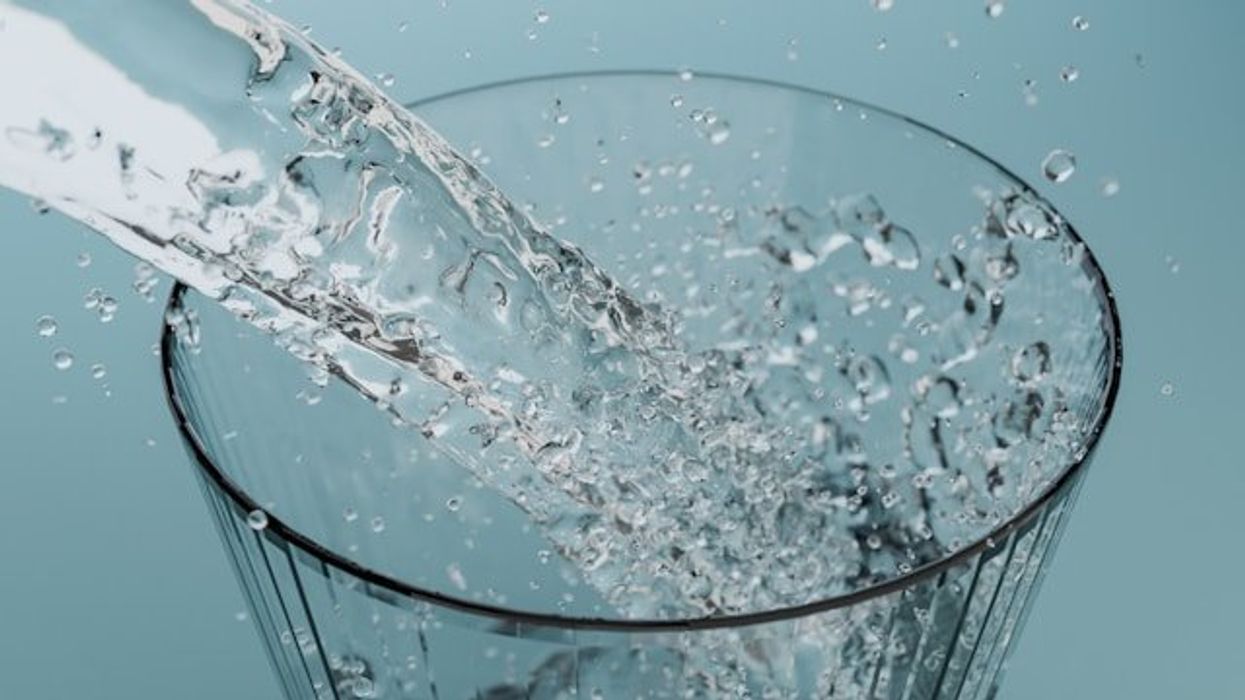A Consumer Reports investigation found that nearly half of 41 powdered baby formulas sold in the U.S. contain concerning levels of lead, arsenic, PFAS, BPA, and acrylamide.
Douglas Main reports for The New Lede.
In short:
- Consumer Reports tested baby formulas from major brands and found contaminants, including arsenic in Abbott’s EleCare Hypoallergenic (19.7 ppb) and Similac Alimentum (15.1 ppb).
- The U.S. Food and Drug Administration (FDA) announced plans to strengthen oversight, while the Trump administration recently disbanded two key food safety advisory committees.
- Lead and PFAS were detected in many formulas, with some products nearing California’s stricter safety limits.
Key quote:
“Millions of parents rely on infant formula during the first important months of their babies’ lives and deserve access to safe, healthy, and nutritious products."
— James Rogers, director of product safety testing at Consumer Reports
Why this matters:
The presence of toxic metals and chemicals in baby formula is raising alarms among scientists and public health advocates, as mounting evidence suggests long-term risks for infant health. Heavy metals like lead and arsenic, both known neurotoxins, can impair brain development, while PFAS — commonly referred to as “forever chemicals” due to their persistence in the environment — have been linked to cancer, immune system dysfunction, and hormonal disruption. Recent shifts in food safety policy — including efforts to reduce the regulatory reach of the FDA — raise questions about whether protections for the youngest and most vulnerable are keeping pace with emerging science.
Related:














